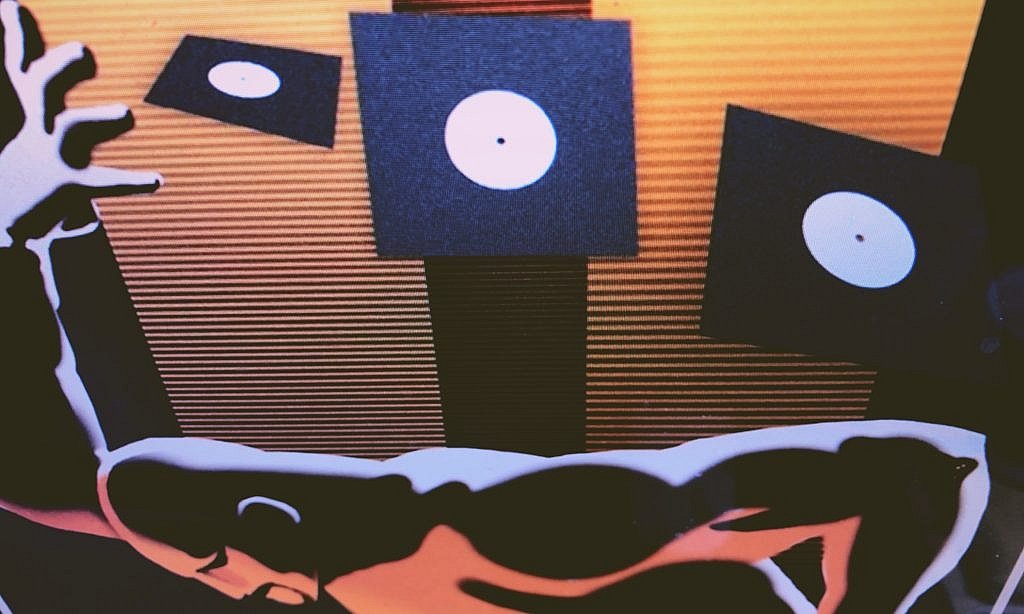Mat Dryhurst for The Guardian:
I believe that those on the margins would do well to shift focus on to more ambitious and untested fund-generating efforts that emphasise the interdependence of musical communities of place and purpose. We need technical and economic concepts that reflect what working artists have long known to be true: an artist creating challenging work is dependent on resilient international networks of small labels, promoters, publications and production services to facilitate their vision. A vision of interdependence acknowledges that individual freedoms thrive in the presence of resilient networks and institutions. It asserts that even pop stars, and the streaming services that prioritise them, significantly benefit from those on the margins market-testing ideas so that they don’t have to. {…}
We need to acknowledge that those communities, and the sounds they foster, generate value that is impossible to quantify on a spreadsheet. The artist and writer Jon Davies recently invoked the ideal of interdependence to emphasise the role that social music spaces play in combating epidemics of loneliness and depression. As well as enlivening commercial culture with a trickle-up supply chain of new ideas, music on the margins offers many a sense of shared purpose.
As noted in my post about the closing of Red Bull Music Academy, independent music communities — especially those operating on the fringes — may need to adopt collaborative and communal strategies to maintain relevance, rather than relying on corporate patronage. Dryhurst smartly suggests that the health of the experimental edges of the music community is vital for pop culture’s continued evolution. I see his point — current hit songs by some of the biggest names obviously draw upon production techniques that were underground and radical ten years ago. Culture becomes stale without the experimental margins giving it a shove.
🔗→ Band together: why musicians must strike a collective chord to survive

